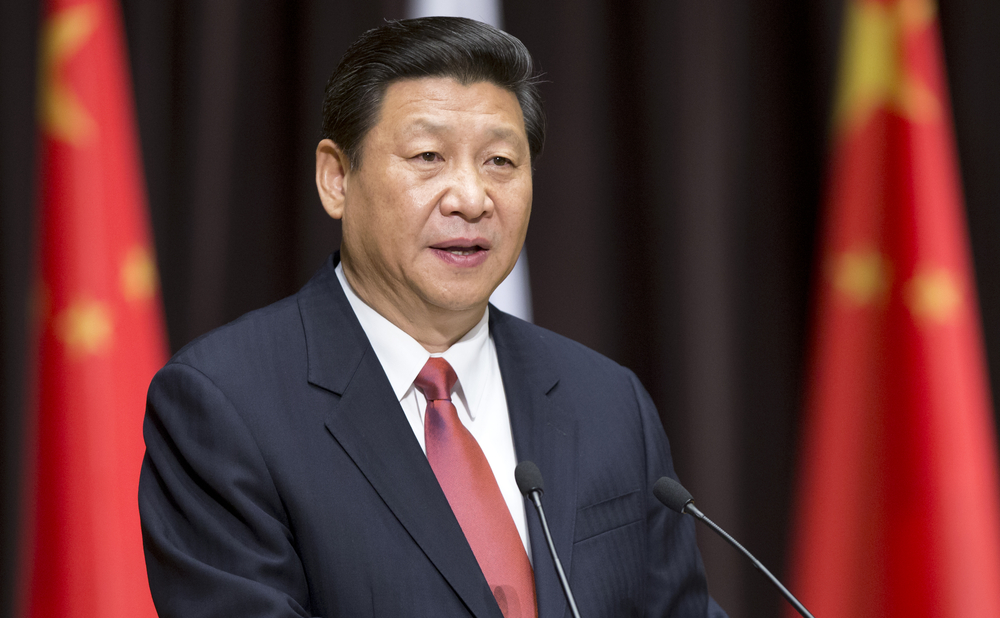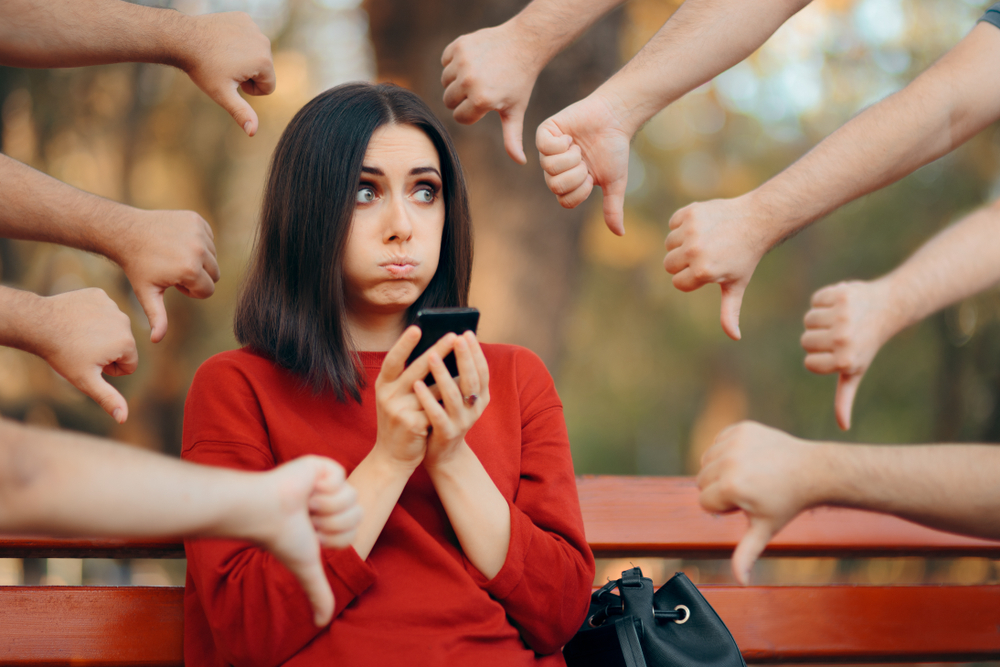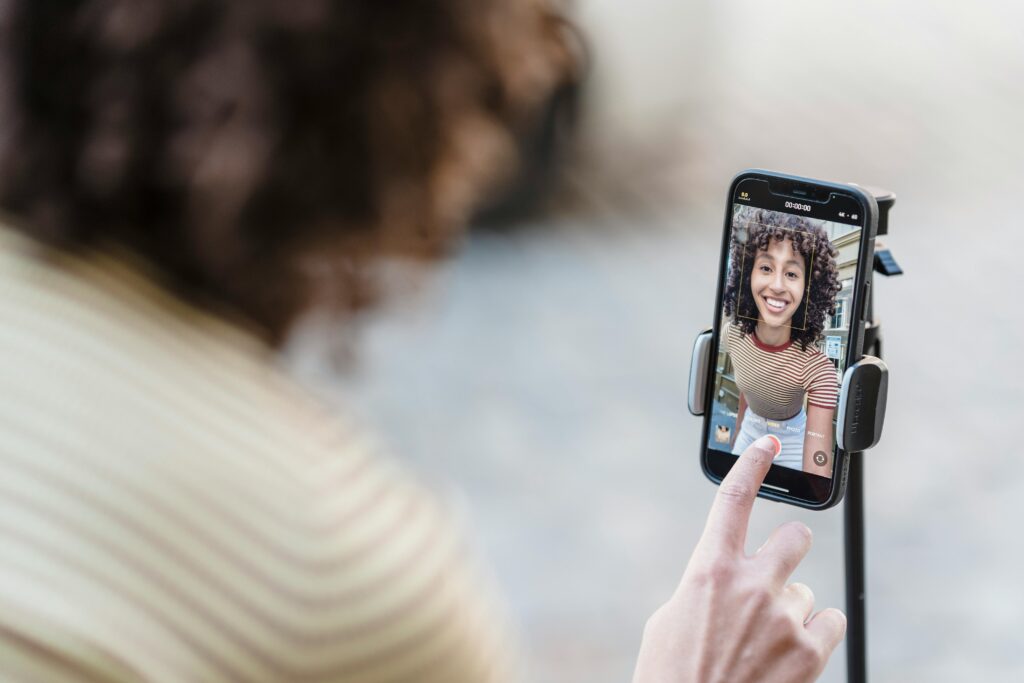China Requires Influencers To Be Qualified Before Discussing Professional Topics

In a move that has sparked both applause and outrage, China has rolled out sweeping new regulations that require influencers to hold formal qualifications before they can discuss professional subjects such as medicine, finance, law, and education. The law, introduced by China’s National Radio and Television Administration and the Cyberspace Administration of China, signals a major shift in the country’s digital landscape one where credibility must now be proven, not just performed. It’s an attempt to bring order to an online ecosystem that has grown too influential, too unregulated, and, in the eyes of Beijing, too risky for public trust.
Livestreaming and influencer marketing in China aren’t just entertainment; they’re an economic powerhouse worth well over a trillion yuan. Platforms like Douyin (China’s TikTok), Bilibili, and Weibo have turned ordinary creators into national celebrities, capable of selling out products in minutes and shaping public discourse with a few well-placed words. But the same platforms have also been fertile ground for misinformation from dubious medical advice to risky financial tips which can have real-world consequences. Beijing’s new law aims to correct that imbalance. Yet, as with many attempts to regulate speech in the digital age, the question remains: where does the line between public safety and free expression truly lie?
A Digital Revolution Meets Its First Bureaucratic Wall
The rise of China’s influencer economy has been meteoric. In 2020, consulting firm KPMG valued the market at around one trillion yuan ($156 billion), and that figure has only climbed since. What began as a side hustle for content creators has evolved into a full-blown industry, one that merges commerce, culture, and information into a single continuous stream. Influencers are not merely entertainers they’ve become trusted voices in spaces where professional expertise matters deeply. For the Chinese government, this blurring of lines between expert and influencer has long been a point of unease.
Under the new rules, influencers who wish to speak about sensitive professional topics must now provide proof of their expertise. This could mean a university degree, a professional license, or certification from an accredited institution.

Platforms themselves Douyin, Bilibili, Weibo are now responsible for verifying and storing these credentials. Those who fail to comply face suspension or fines that can reach up to 100,000 yuan. It’s a bureaucratic bottleneck placed squarely in the middle of a fast-moving digital world.
For Beijing, this isn’t just about control it’s about recalibrating trust. The internet’s vast marketplace of ideas can easily turn into a hall of mirrors, where confidence often trumps competence. Regulators argue that when influencers dispense health advice, offer legal interpretations, or promote financial strategies without proper knowledge, the results can be harmful. By enforcing credential checks, authorities hope to curb the spread of misinformation that has plagued social media worldwide.
Cracking Down On Unverified Influence

The immediate effect of the law is a dramatic tightening of the creative freedom that has defined China’s digital culture for over a decade. The new guidelines list 31 prohibited activities for influencers, ranging from promoting gambling or violence to producing content that “weakens or distorts” the leadership of the Communist Party. Even seemingly innocuous trends like extreme eating or flaunting luxury lifestyles have been flagged as negative influences. In essence, the law not only professionalizes online speech but also moralizes it.
This move is part of a broader campaign by the Chinese government to rein in what it views as excessive or harmful online behavior. Over the past two years, regulators have taken aim at everything from online gaming to celebrity fan culture. Children under sixteen are now banned from watching livestreams after 10 p.m., and platforms have been ordered to block the gifting of virtual currency to influencers by underage viewers. The message is clear: the internet should serve as a tool for social harmony, not disruption.
Yet beneath the rhetoric of responsibility lies a deeper layer of ideological control. Influencers are not just being asked to verify their professional qualifications they are being reminded of their political obligations. The new rules explicitly prohibit any content that challenges the authority of the Communist Party or the socialist system. This intertwining of professional regulation and political conformity reveals the state’s intent to shape not only what people say, but also how they think about saying it.
The Misinformation Problem: A Global Justification

Supporters of China’s new influencer rules point to a global problem that’s impossible to ignore: the explosion of misinformation online. During the Covid-19 pandemic, unverified influencers across the world spread false cures, anti-vaccine rhetoric, and pseudoscience to millions. A 2021 study by the Center for Countering Digital Hate found that just twelve individuals were responsible for 65% of anti-vaccine misinformation on social media. For China, which prizes social stability and public health, such numbers reinforce the urgency of intervention.
The logic is simple: misinformation can kill. A viral post recommending unproven medical treatments or risky investment strategies doesn’t just mislead it can destroy livelihoods and lives. Regulators argue that by requiring credentials for certain topics, they’re establishing a safeguard against unqualified advice masquerading as expertise. In fields like law, finance, or healthcare, accuracy isn’t optional; it’s ethical.
The law also responds to growing consumer distrust. Surveys by the China Consumers Association found that nearly 30% of social media users had encountered deceptive or exaggerated claims from influencers, particularly in health-related content. The new verification process, therefore, isn’t just a restriction it’s a reconstruction of digital trust. Verified expertise could become the new currency of credibility in China’s influencer economy, potentially setting a precedent for other nations grappling with the same dilemma.
Creativity, Censorship, And The Cost Of Compliance

But not everyone is applauding. For many Chinese creators, the new law feels like a tightening noose around creative expression. The influencer ecosystem thrives on personality, relatability, and the freedom to interpret the world through individual lenses. By introducing rigid verification requirements, critics argue that China risks stifling precisely what made its digital scene so dynamic in the first place.
A case that captures this tension involves a popular education influencer a former schoolteacher who was temporarily suspended after her platform flagged her credentials as “unverified.” Despite holding a legitimate teaching license, bureaucratic delays froze her account and paused a six-figure brand campaign. It’s an example of how even compliant creators may find themselves caught in the web of procedural red tape.
Platforms, too, face new challenges. They’ve been transformed from neutral intermediaries into gatekeepers of legality and professionalism. Douyin, for instance, must now confirm that an influencer giving health advice truly has medical training, while Weibo must ensure that financial commentators are qualified to discuss markets. It’s a monumental administrative burden for companies that built their fortunes on volume and speed. Moreover, the ambiguity of what constitutes “professional expertise” leaves much room for interpretation and potential misuse.
Critics also warn of a chilling effect. Once creators know they’re being watched not only for accuracy but also for ideological alignment, self-censorship becomes a survival strategy. The result could be a sanitized internet where difficult questions go unasked, and creative spontaneity is replaced by cautious compliance.
The Global Ripple Effect

China’s influencer law may seem uniquely authoritarian, but the impulse behind it is not confined to its borders. Around the world, governments and tech companies are wrestling with how to regulate digital influence without smothering innovation. Spain introduced its own version of an “influencer law” in 2024, requiring creators with over a million followers or annual earnings above €300,000 to register and adhere to advertising rules. The European Union’s Digital Services Act imposes transparency obligations on platforms, while the U.S. Federal Trade Commission has tightened disclosure standards for sponsored content.
Even tech giants like Google and Meta have developed internal frameworks that prioritize “authoritative” voices in areas like health and finance. Google’s “Your Money or Your Life” (YMYL) policy subjects creators discussing sensitive topics to higher scrutiny based on EEAT Experience, Expertise, Authority, and Trustworthiness. In other words, China’s law may be more sweeping, but its underlying logic verifying credibility is already shaping the future of digital communication worldwide.
For global brands, the implications are enormous. Partnering with Chinese influencers now requires an added layer of due diligence. Campaigns must verify that the influencer holds the right credentials before any content goes live. A health or wellness brand, for example, can no longer rely on charm and follower counts alone; it must ensure professional accuracy. In a sense, the new regulation could push influencer marketing toward greater legitimacy, even as it restricts creative freedom.
Redefining Influence In The Age Of Accountability

The deeper significance of China’s law lies in how it redefines what it means to be an influencer. Until now, influence has been measured in engagement metrics likes, shares, followers. But those numbers reveal nothing about the reliability of what’s being said. By demanding credentials, the Chinese government has effectively introduced a new form of gatekeeping: one where authority is earned through verifiable expertise, not popularity.
Some see this as a necessary correction. In a digital world flooded with opinions, distinguishing knowledge from noise is no small feat. If influence can affect public health or financial stability, perhaps it deserves regulation akin to journalism or medicine. Others, however, see it as a dangerous precedent that conflates professional oversight with ideological conformity. After all, the same system that blocks false medical advice can also silence political dissent.
The challenge, then, is balance. The digital age has made everyone a potential broadcaster, but not everyone is equipped to handle that power responsibly. China’s approach represents one extreme total credential-based verification enforced by state and platform. The other extreme unregulated free-for-all is equally fraught with risk. The future of digital discourse may depend on finding a middle path that safeguards both truth and creativity.
The Future Of Online Trust
As the world watches China’s grand experiment unfold, the question isn’t whether the law will work it’s what kind of internet it will create. A verified, compliance-driven ecosystem might indeed reduce misinformation and raise professional standards. But it could also narrow the range of voices and perspectives that make the online world vibrant and unpredictable. The influencers of tomorrow may need not only talent but transcripts.
For now, one thing is clear: the digital Wild West is ending. What replaces it will be a more structured, more scrutinized, and perhaps more credible information economy. Whether that’s progress or regression depends on one’s philosophy of freedom. In China’s case, the message is unambiguous: knowledge must be certified, speech must be responsible, and influence must come with accountability.
In a world increasingly defined by algorithms and attention, the tension between freedom and truth has never been sharper. China’s new law is not just a policy it’s a mirror reflecting our collective struggle to define what credibility means in the digital age.
Loading...

